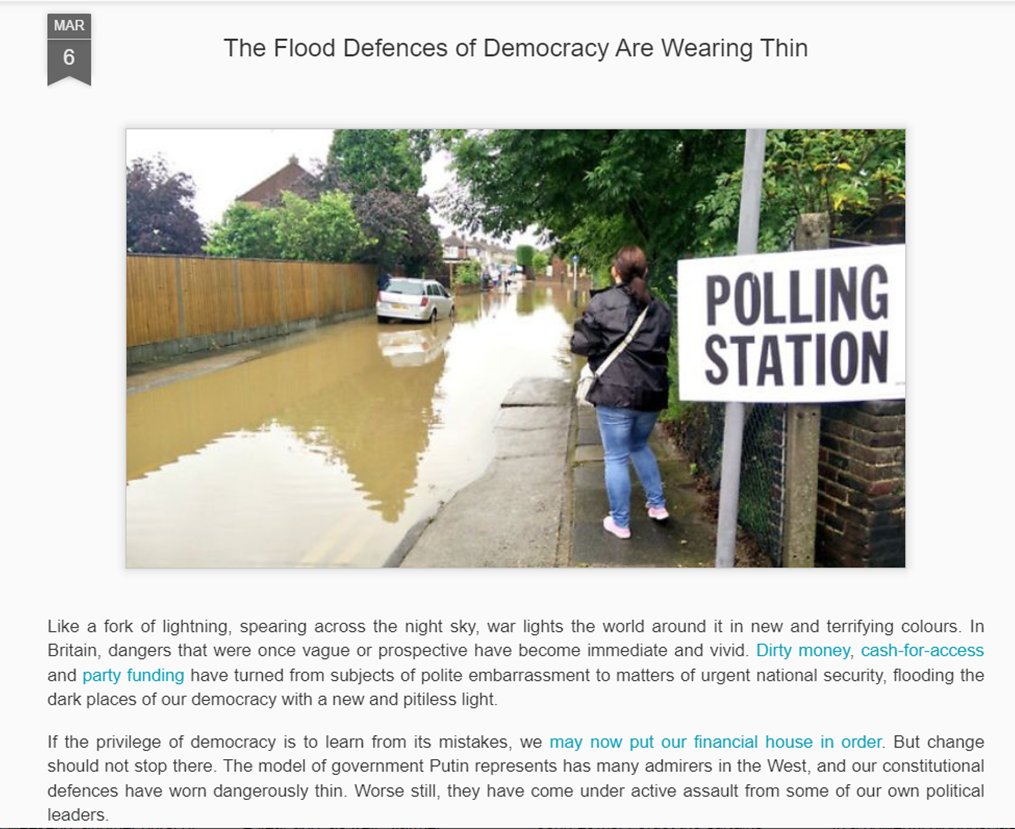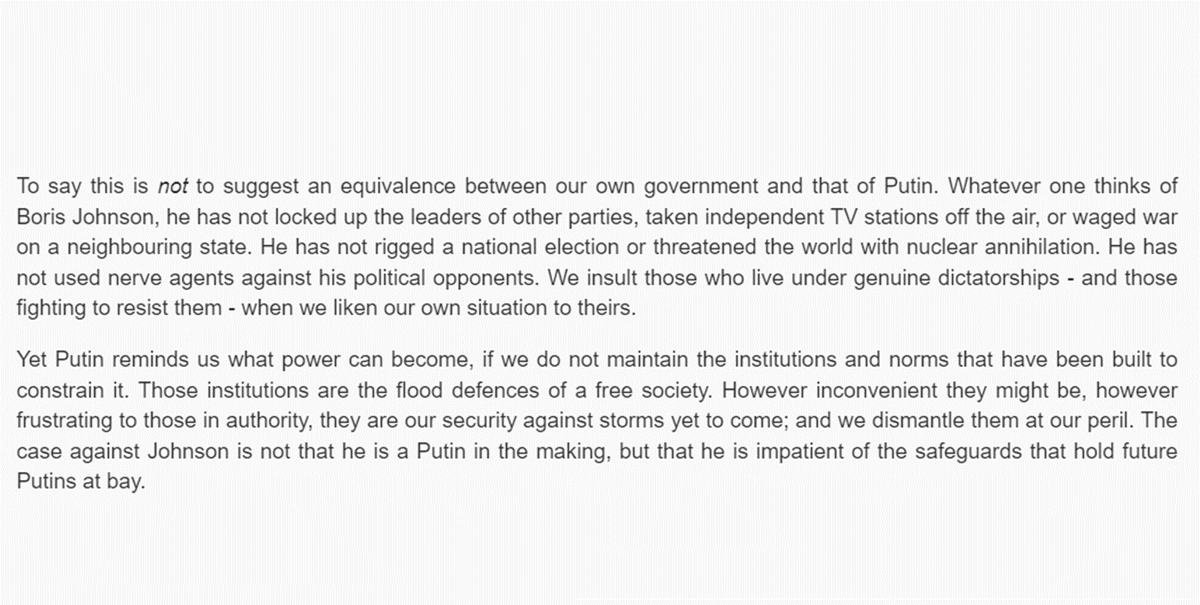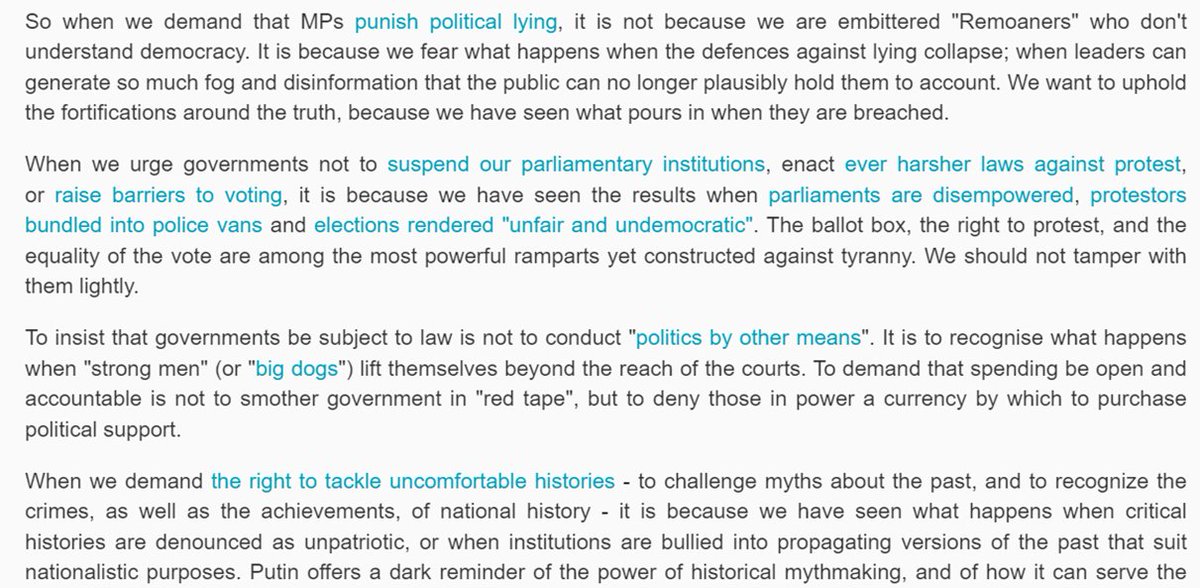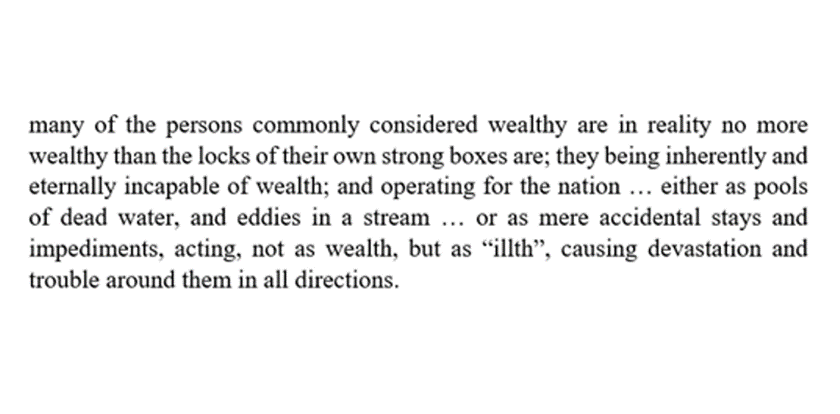
The Conservative Party was once famed for its iron discipline. Yet six of its last eight leaders have been fatally undermined by their own followers.
Why has Conservatism become so fractious? And why can Johnson no longer hold his followers together? [THREAD]
Why has Conservatism become so fractious? And why can Johnson no longer hold his followers together? [THREAD]
1. UK parties are always fractious coalitions. Under First Past the Post, parties must hold together an unstable alliance of forces - whether Fabians, liberals, trade unionists & social democrats on the left, or Thatcherites, protectionists, Powellites & paternalists on the right
2. To hold together those warring factions, parties need some magnetic field that can contain their centrifugal impulses. At different points in Conservative history, that's been anti-socialism, a "conservative temperament", the rights of property, or the defence of institutions.
3.Since the end of the Cold War, it's been hard to say what Conservatives have in common. They're no longer anchored in historic institutions. They've lost their suspicion of change. They're no longer rooted in British business. And they can't rally against a socialist superpower
4. That leaves only the desire for power. As a unifying force, that instinct should not be underrated: it makes the Conservatives much more likely than Labour to mobilise behind a "winner". But it also leaves any leader dangerously vulnerable if they start to slide in the polls.
5. That problem was not resolved either by the purge of 2019 or by the landslide victory in the General Election that year.
On the contrary: the 2019 majority was made up of especially discordant materials, who wanted to cut taxes, end austerity, shrink the state and "level up".
On the contrary: the 2019 majority was made up of especially discordant materials, who wanted to cut taxes, end austerity, shrink the state and "level up".
6. The 2019 majority was held together by two magnetic forces that were peculiar to that election: the desire to "Get Brexit Done" & to keep Corbyn out.
With Britain outside the EU and Corbyn gone, holding that majority together would prove a task of extraordinary delicacy
With Britain outside the EU and Corbyn gone, holding that majority together would prove a task of extraordinary delicacy
7. Covid temporarily suspended the problem, because it suspended the usual rules of politics. Spending could rise, taxes fall & divisive questions be held over to another day.
But as the Covid emergency recedes, the choices for government are becoming more pressing.
But as the Covid emergency recedes, the choices for government are becoming more pressing.
8. Johnson was in some ways well-placed to lead a party that was pulling in contradictory directions.
Across his career, he has poured himself into a variety of different ideological moulds, projecting different political personas to different sections of his party & the public.
Across his career, he has poured himself into a variety of different ideological moulds, projecting different political personas to different sections of his party & the public.
9. Boris Johnson is not an Enoch Powell or a Tony Benn. He is not the sort of politician who sets an intellectual pole-star & drags his party along behind it.
Instead, his great skill is an ability to defy definition: to send conflicting signals about his beliefs and intentions.
Instead, his great skill is an ability to defy definition: to send conflicting signals about his beliefs and intentions.
10. As Johnson approaches his 60th birthday, people still argue about what kind of politician he is "really".
A liberal? A populist? A "one-nation" Tory?
A culture warrior? "Britain Trump"? A "Brexity Hezza"?
Ambiguity is an underrated political skill. Johnson has it in spades
A liberal? A populist? A "one-nation" Tory?
A culture warrior? "Britain Trump"? A "Brexity Hezza"?
Ambiguity is an underrated political skill. Johnson has it in spades
11. Johnson is a great believer in "having his cake and eating it". He defies definition by rejecting the necessity of choice.
But his techniques for doing that may be running out of road: not because of "partygate", but because of changes in the economic climate.
But his techniques for doing that may be running out of road: not because of "partygate", but because of changes in the economic climate.
12. Johnson's favoured technique is rhetorical extravagance. Promises to "ping off the guy ropes of self-doubt", to unleash "the ketchup of catch-up", or to inflate "the mattress of dough" commit him to nothing, but they give an impression of energy and authenticity.
13. Where some MPs feign sincerity, Johnson actively performs *insincerity*. He uses absurd turns of phrase, comedic gestures and the knowing look down the camera to strip his words of meaning. No one can hold him to what he has said, because anything can be dismissed as a joke.
14. Johnson uses words like rhetorical flares: sent up into the sky to awe & amaze, while distracting from the emptiness around them.
It's a politics of distraction, deflection & demonization: of imagined victories over imagined foes ("woke warriors", "remoaners", "Marxists"...)
It's a politics of distraction, deflection & demonization: of imagined victories over imagined foes ("woke warriors", "remoaners", "Marxists"...)
15. So long as politics centred on issues of culture & identity, Johnson's political style could be highly effective.
But economic questions are less susceptible to this kind of rhetorical mystification: and those questions are moving remorselessly up the political agenda.
But economic questions are less susceptible to this kind of rhetorical mystification: and those questions are moving remorselessly up the political agenda.
16. 2022 may mark the end of a 30-year period of consistently low inflation.
Such periods are peculiarly hospitable to "cakeism", because they soften the competition for resources.
By contrast, inflation sharpens political choices. And for divided parties, choice is dangerous.
Such periods are peculiarly hospitable to "cakeism", because they soften the competition for resources.
By contrast, inflation sharpens political choices. And for divided parties, choice is dangerous.
17. Economic questions - whether to cut taxes or boost spending; subsidise bills or let the market decide - are less susceptible to Johnson's rhetorical sleight of hand.
And voters facing rising bills & falling living standards may be less forgiving of a politics of distraction.
And voters facing rising bills & falling living standards may be less forgiving of a politics of distraction.
18. Every choice Johnson makes on tax rates, energy bills or public spending angers some wing of his party, eager for higher spending, lower taxes, more intervention or more deregulation. And as Brexit moves from rhetoric to reality, the choices already made grow harder to ignore
19. This problem is not wholly of Johnson's making. British politics has become unaccustomed to thinking seriously about economic policy.
But Johnson can give his party no star to steer by, for he has none. His political compass points only at himself.
But Johnson can give his party no star to steer by, for he has none. His political compass points only at himself.
20. Johnson's rhetorical magic has never quite worked on economic issues. It's no coincidence that his speech to the CBI last year, in which he clowned around & joked about Peppa Pig, landed so badly, when equally chaotic speeches on other subjects have drawn laughter & acclaim. 
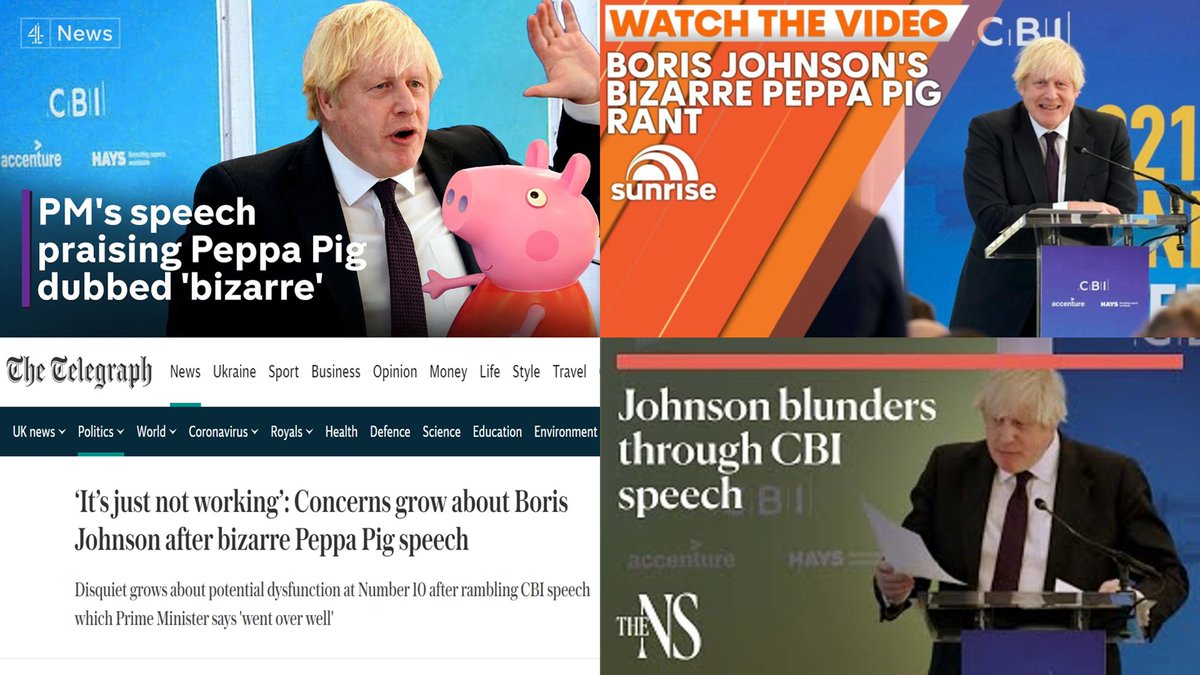
21. Johnson has no economic policy as such. His approach to economics - like his view of history - centres almost entirely on heroic individuals: those "wealth creators", for whose "concupiscent energy and sheer wealth-creating dynamism" we should give "humble and hearty thanks".
22. Discussing post-Brexit trade barriers earlier this year, Johnson told MPs that "There is no natural impediment to our exports, it is just will and energy and ambition".
There is not a lot here for policy-makers to work with, at a moment when policy is badly needed.
There is not a lot here for policy-makers to work with, at a moment when policy is badly needed.
23. Johnson's leadership is a symptom, not a cause, of his party's loss of cohesion and direction.
As such, it cannot also be a cure - though it may, like a fever, bring the illusion of vigour and short-lived colour to the cheeks.
As such, it cannot also be a cure - though it may, like a fever, bring the illusion of vigour and short-lived colour to the cheeks.
24. Whether or not Johnson survives this evening, Conservatism is in a parlous state.
It will take a very different skill-set than his to restore it to health and vigour. [ENDS]
It will take a very different skill-set than his to restore it to health and vigour. [ENDS]
• • •
Missing some Tweet in this thread? You can try to
force a refresh


